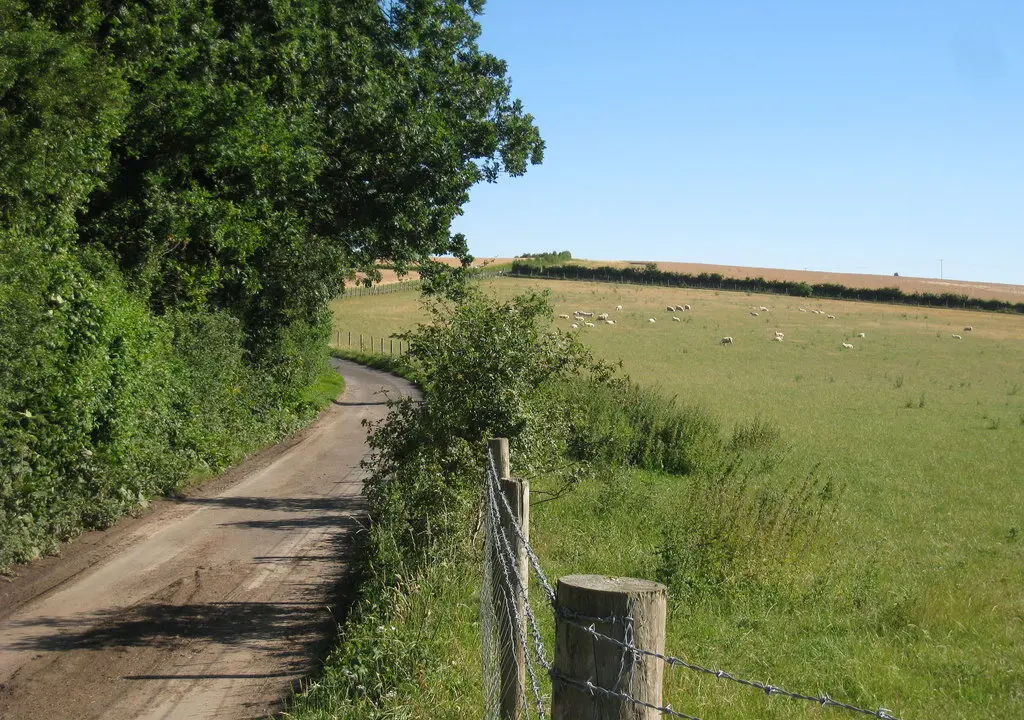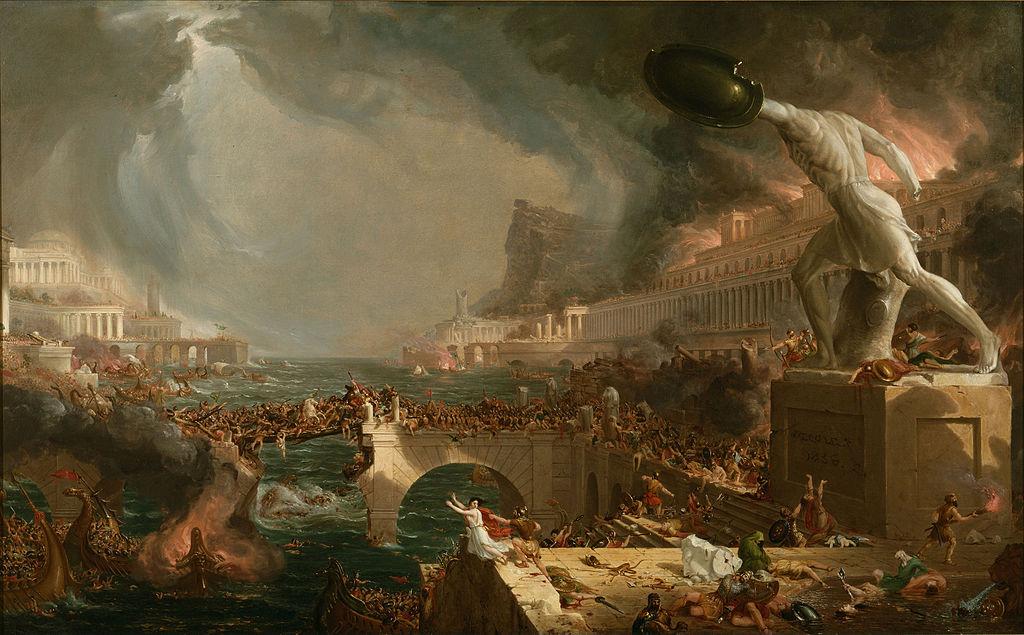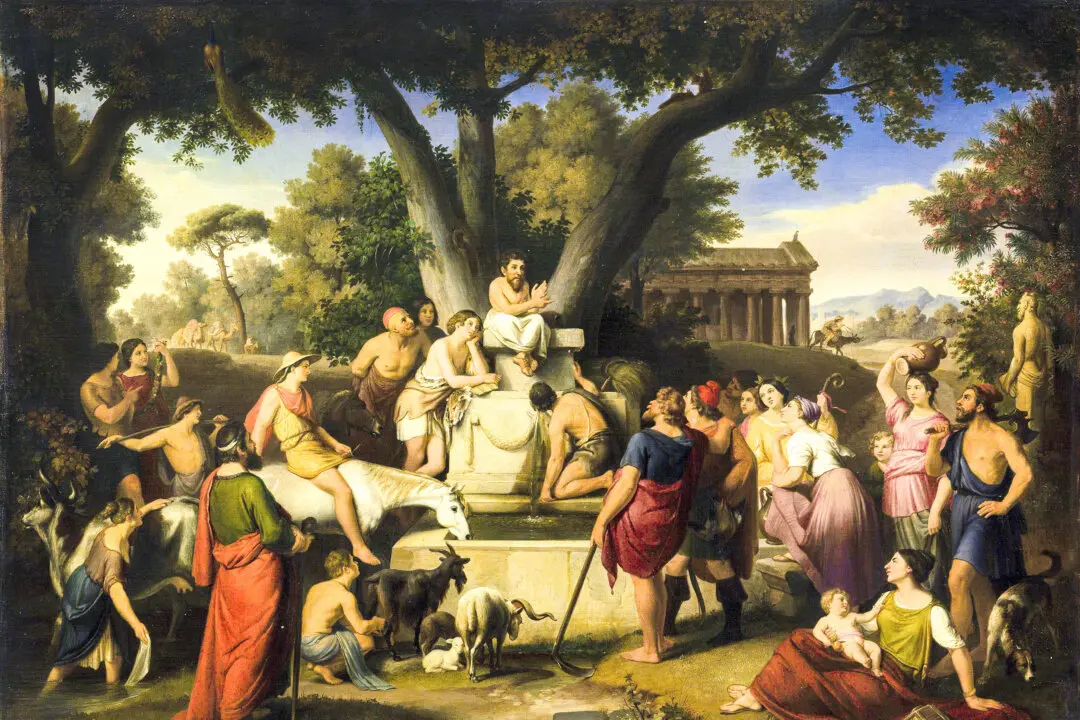Where can we find solace in today’s fast-paced world? Can modernity offer meaning to our fretting souls?
Although he didn’t live in the 21st century, Henry David Thoreau asked himself similar questions when he left for Concord, Massachusetts. There in the still Northeastern woods, he lived for two years, two months, and two days. His reflections produced “Walden; or, Life in the Woods,” a heartfelt testimony teeming with precious lessons about the role of beauty and self-reliance in a meaningful life.






